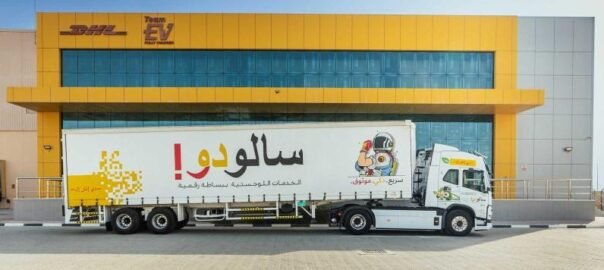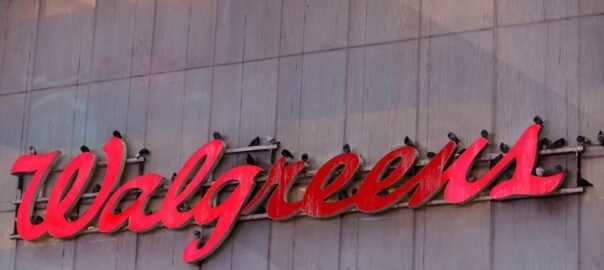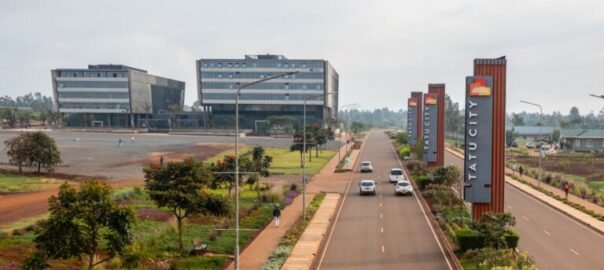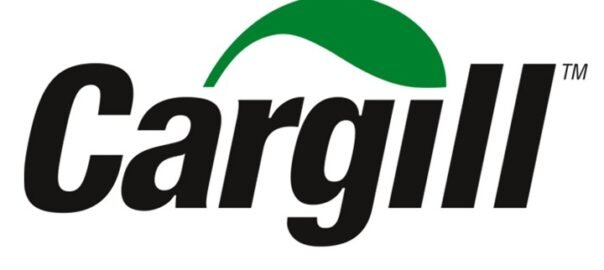RIYADH: Saudi Arabia’s e-commerce sales using Mada cards increased by 57 percent in April compared to the same month last year, hitting SR23.27 billion ($6.2 billion).
Data by the Saudi Central Bank, also known as SAMA, shows online transactions through Mada exceeded 132 million for the month, up 40.75 percent year on year, reflecting a substantial increase in consumers shopping via websites and mobile apps.
These figures include purchases made online using linked debit cards and e-wallets, but they do not account for credit card transactions processed through international networks such as Visa or Mastercard.
Mada, formerly known as Saudi Payment Network, is the Kingdom’s national electronic payment system, connecting all ATMs and point-of-sale terminals to a central payments switch.
It enables debit and prepaid card services for millions of Saudis, allowing them to pay both in stores and online using funds directly from bank accounts. Importantly, Mada transactions utilize near-field communication technology for secure, contactless payments, meaning shoppers can simply tap their card or smartphone at terminals for instant checkout.
This system has become a cornerstone of Saudi Arabia’s push toward a cashless economy, ensuring fast and secure transactions at physical retail locations and on e-commerce platforms. The accelerating uptake of Mada-enabled digital payments highlights growing consumer trust in online shopping and the success of national efforts to modernize the payments ecosystem.
In-store sales plateau as online spending soars
Despite the e-commerce boom, in-store point-of-sale transactions showed contrasting trends in April. The total value of POS purchases at physical retail outlets slipped to SR52.22 billion, marking a 1.38 percent decline year on year according to SAMA data.
This slight drop in sales comes even as the number of POS transactions climbed by around 11.6 percent to 891.5 million over the same period. In other words, Saudi consumers made significantly more card payments in person than a year ago, but were spending slightly less per transaction on average.
SAMA’s figures indicate over 2 million POS terminals are now deployed nationwide to facilitate card payments — a network 16.37 percent larger than a year ago, reflecting the Kingdom’s drive to expand electronic payment acceptance among businesses large and small.
This divergence — higher transaction counts but lower total POS value — suggests a behavioral shift as digital payments become frequent for everyday purchases. With contactless “tap-and-go” cards and mobile wallets now the norm, consumers are using cards for smaller, frequent buys like groceries or coffee.
This has driven up transaction volumes while curbing the average ticket size of each sale. Indeed, nearly all card swipes are now contactless; about 94 percent of in-store card transactions in Saudi Arabia are made via NFC, whether through a physical card, smartphone, or smartwatch, according to SAMA.
The convenience of tap-to-pay has encouraged people to rely less on cash even for low-value items, contributing to the surge in POS transaction counts.
Another factor influencing the year-on-year comparison is the timing of Ramadan and Eid shopping. In 2024, the holy month of Ramadan and the Eid Al-Fitr festival fell largely in April, boosting retail spending in that period.
In contrast, Ramadan in 2025 fell mainly in March, pushing POS sales to about SR66 billion that month. As a result, April 2025 didn’t see the same holiday-related boost, which likely played a role in the softer in-store sales figures, even though the overall trend in electronic transactions continues to grow.
Categories like food & beverages and dining — which according to SAMA data were the top two POS spending sectors in April at around SR7.7 billion each — continue to dominate physical sale, but their growth may have been tempered without the late-Ramadan rush present a year ago.
Fintech innovation
The growth is also being fueled by new services and partnerships. In April, SAMA signed an agreement with Google to launch Google Pay in Saudi Arabia using Mada’s payment infrastructure.
Expected to roll out later in 2025, this integration will allow users to add their Mada-linked debit cards to Google Wallet for seamless tap-to-phone payments and online purchases, further expanding the mobile payment options available to consumers.
This follows earlier introductions of Apple Pay and local mobile wallets, meaning Saudi shoppers will soon have a full suite of global and domestic smartphone payment apps at their disposal.
Such developments not only offer greater convenience but also help normalize cashless spending across all demographics — including younger, tech-savvy consumers who favor using their phones and wearables to pay.
Author Credits- DAYAN ABOU TINE
ARAB NEWS










